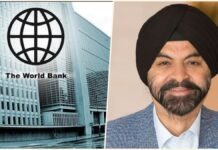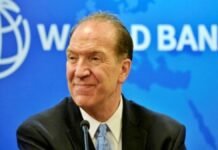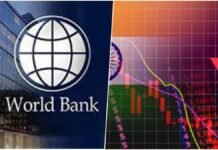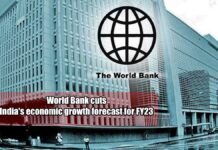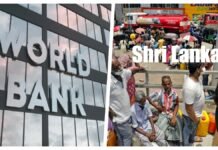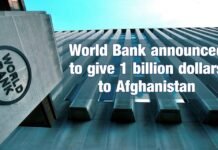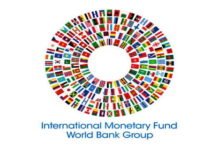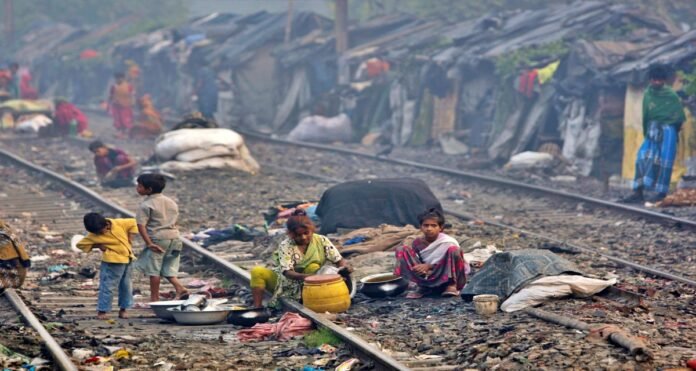
New Delhi: The number of extremely poor in India has decreased. Between 2011 and 2019, the number of extremely poor has decreased by 12.3 percent and rural areas have outperformed urban centers in this regard. This is stated in a report of the World Bank.
The document, prepared by economists Sutirth Sinha Roy and Roy van der Weid, said the country has not released any official estimates of poverty and inequality for more than a decade. The last expenditure survey was released by the NSS (National Sample Survey Organisation) in 2011.
Earlier, a document by the International Monetary Fund (IMF) said that the Pradhan Mantri Garib Kalyan Anna Yojana has played a key role in keeping extreme poverty at a low of 0.8 percent in the pandemic-hit 2020. Under this scheme, free food grains are being given to the poor from ration shops.
“The reduction in poverty rates in rural areas is higher than in urban centers,” said the report, titled ‘Poverty in India has decreased in the last decade but less than expected’. The authors say that during demonetization, urban poverty increased by 2 percent in 2016 and declined sharply thereafter. Poverty in villages increased by 0.1 percent in 2019, possibly due to the slowdown in economic growth.
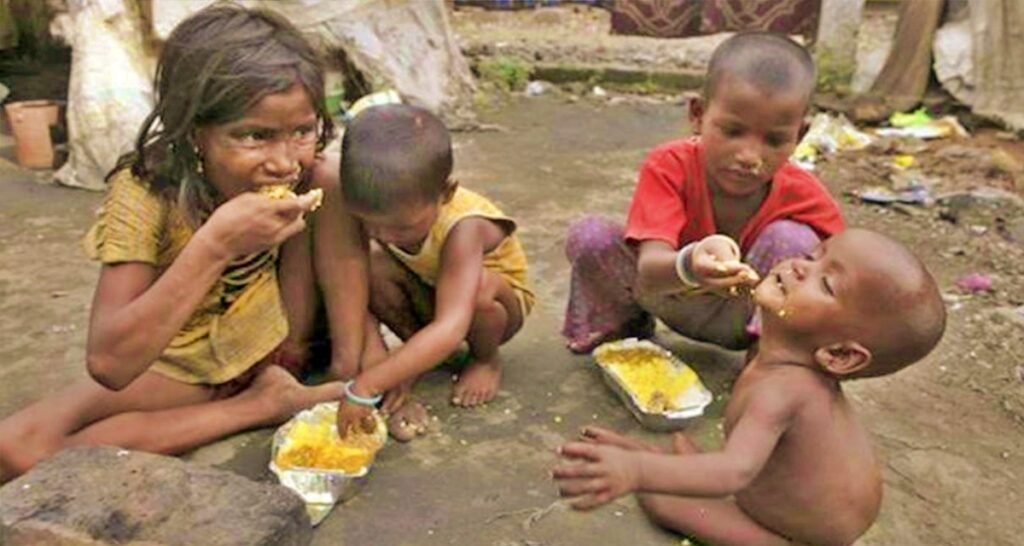
“Our estimates of growth in consumption in the national accounts and poverty based on survey data have been more cautious than those projected earlier,” the report said. It is said that poverty reduction during 2015-2019 is projected to be lower than earlier estimates based on the increase in private final consumption expenditure. The authors also noted that their analysis found no evidence of increasing inequality in terms of consumption.
According to the report, the income growth of smallholder farmers has been higher. Between the two survey rounds, the real income of these farmers grew by 10 percent year on year. At the same time, the income of farmers with large holdings increased by two percent during this period. It states that households in villages with smaller farm sizes are more likely to be poor than others.



































